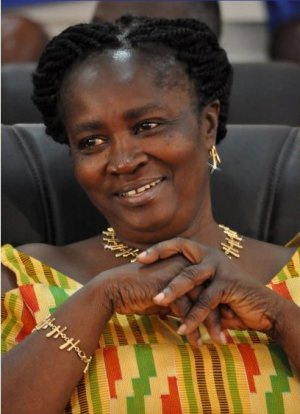The Ghana National Association of Teachers (GNAT) has said it is unhappy that the Ghana Education Service (GES) tasks external examiners to set the End of Term Examination questions for pupils in basic schools.
It said teachers, head teachers and circuit supervisors must rather be equipped with the necessary skills and expertise to adequately assess the pupils at all levels because it was the surest way to give the pupils quality education and demystify examination in the country.
; therefore Mathew Adjarjah, the head of Professional Development Unit of GNAT, stated GNAT’s position at an Assessment Training Workshop at Cape Coast for 120 Subject Teachers, drawn from five regions across the country, at the weekend.
The Association said the practice was an affront to the teaching profession, and it had the tendency of compromising professionalism, therefore, it must be discouraged at all levels.
“Teachers don’t set questions anymore, we are told that some people bring their own schemes and sometimes those schemes are in conflict with the GES approved ones,” GNAT complained.
“They have topics that are not in the syllabus and because of that some of the questions are irrelevant to the pupils.”
The workshop, organised by GNAT, was aimed at upgrading the skills and knowledge of teachers on Assessment, Processes and Procedures in Writing Good Test items and the Use of the Assessment Results to improve teaching and learning in schools.
The beneficiary Regions are Volta, Eastern, Greater Accra, Central, and Western.
Mr. Adjarjah said teachers played very critical roles in the assessment of pupils and the GES syllabus served as guide for them to prepare their planned lessons for the term and set questions at the end.
Therefore, that responsibility must not be taken away from them. He said it was wrong for external examiners to set questions because they did not consider the peculiar environments of the schools.
“Teaching is a profession, therefore, the teachers who are in the classroom must have a say on how the pupils are assessed," he said.
“In any case, when the required results are not attained, the whole society point fingers at the teacher but in taking the assessment decisions, the teachers are never consulted,” he complained.
Mr. Albert Adusei, the Second National Trustee of GNAT, urged the participants to make use of the new skills acquired to help improve students’ performance and the quality of education in their respective Regions.
The participants were taken through topics such as "Test Format; their uses and test planning, Preparation of Test Blueprint, Tables of Test Specification, Test Data Analysis and Uses and Utilisation of Test Results".
Some of the participants who spoke to the Ghana News Agency said the practice showed that the GES did not have confidence in its teachers, but they were competent enough to set the examination questions.
They said some teachers were becoming lazy as a result and appealed to the GES to consider ending it in the interest of the pupils and education in the country.
General News of Monday, 23 May 2016
Source: GNA

















